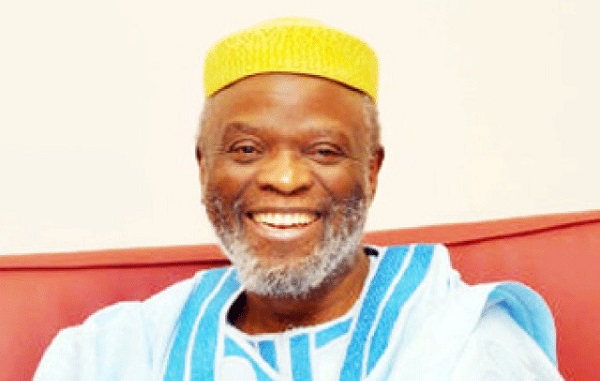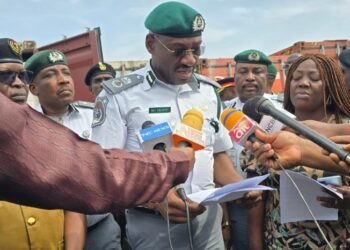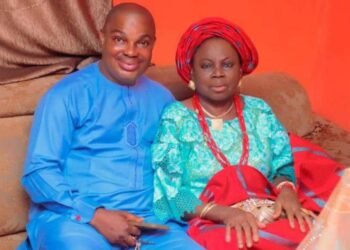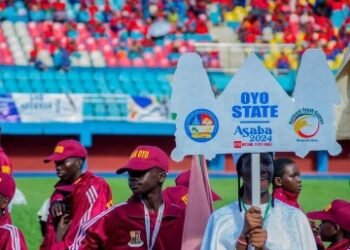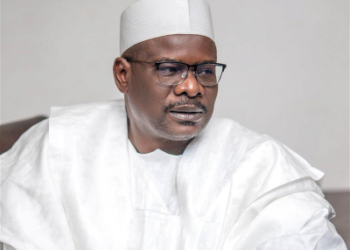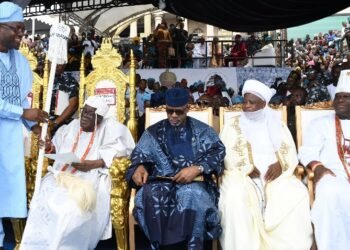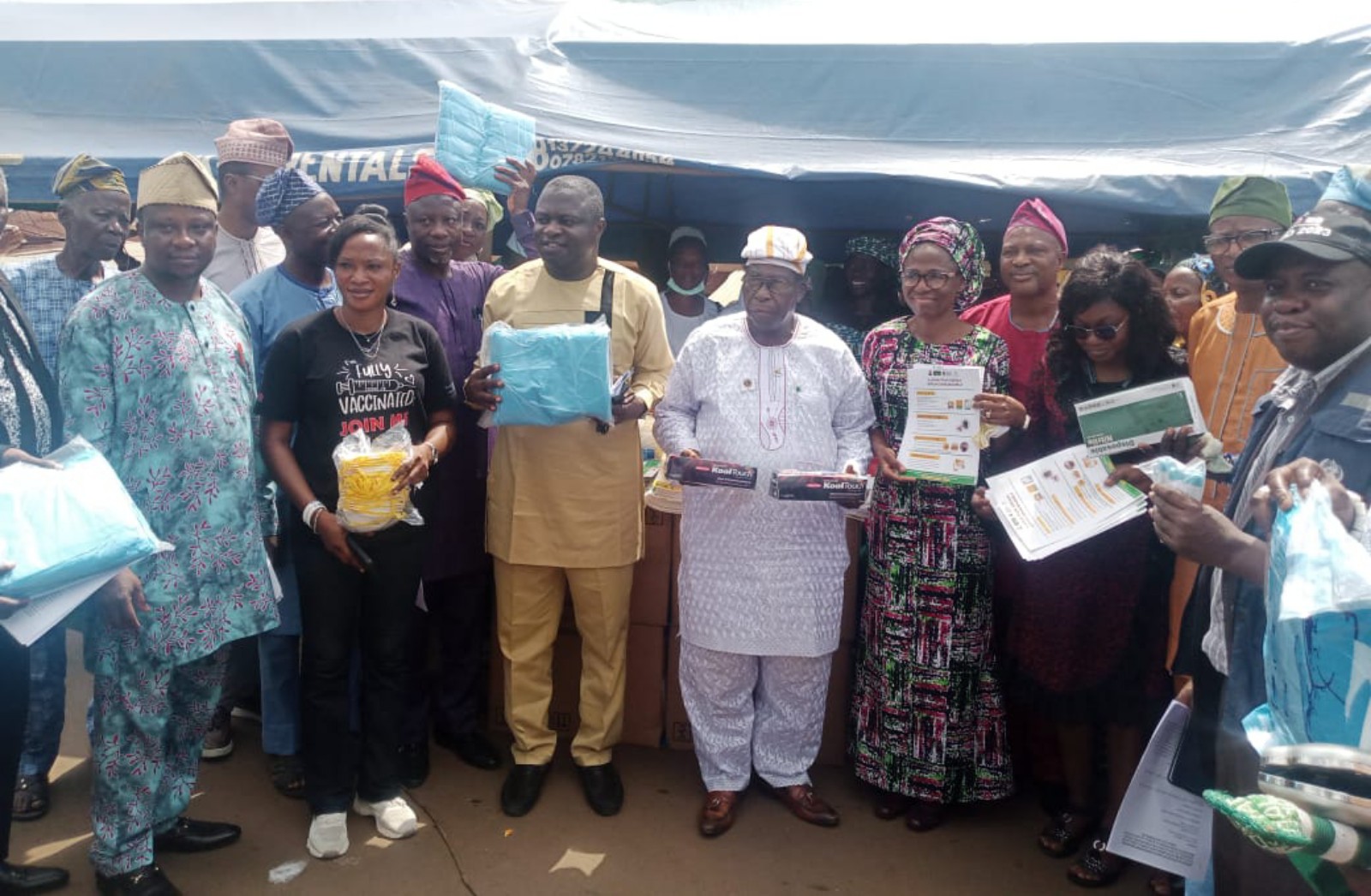I am totally befuddled by the ill logic that because BAT gave PYO an appointment, PYO must for life subsume his inalienable aspirational rights to those of Tinubu. By that logic, Obama would never have become president. He was a junior senator from Illinois when ranking Senator Dick Durbin saw his talent and advised him to take the flood at its tide.
Tinubu did not pick Osinbajo from the unemployment line. Rather, he picked a distinguished Professor of Law from one of our premier universities. Whatever Osinbajo gained from working for Tinubu is not more than what Tinubu gained from having a genius as his state’s Attorney General.
Most spectacularly, Lagos State prevailed six times at the Supreme Court against the Federal Government of Nigeria because of the brilliance and professional dexterity of diminutive Osinbajo.
If Osinbajo should be beholden to Tinubu for life, Tinubu should be paying daily pilgrimage to the graveside of Ganiyu Dawodu!
Can a student surpass his teacher? Can a protege rise beyond his mentor? The answer to both questions is a loud yes. There might never have been a Tony Blair if there had not been a Neil Kinnock. The magnificent Ronald Reagan took the baton of Conservative politicking from from Barry Goldwater.
A mentor must never be adored like a god. Socrates mentored Plato. Plato had disagreements with his mentor. Plato mentored Aristotle; these two had their differences. Arguably, each protégé exceeded his celebrated mentor!
Why must mentoring leave no room for the exercise of conscience to the extent that one is now orchestratedly smeared as “traitor”? In matters of conscience, each and all of us are answerable only to God. That is why, I am never afraid of being in a minority.
Who are the Yorubas being used as easy tools against their kinsmen? Is anyone who does not support Tinubu being used by non-Yorubas against their kinsman? If yes, then by that warped logic, might Tinubu be the one being used by non-Yorubas against Osinbajo? On what insolent basis are folks of other ethnicities classified as “unwise men”? On the basis of Western education? Please let us move from the ridiculous to the sublime.
For the record, the Yorubas are the largest ethnic group in Nigeria. Even so, the Yorubas remain a minority within Nigeria. No politician in our lifetime will enjoy the popularity that Awolowo enjoyed in Yoruba land. Alas, it was not enough to yield Awolowo the Presidency.
For far too long, desperate politicians resort to the ethnic card to secure political advantages. The Fulani bogey is a shallow sophomoric appeal to atavistic sentiments. The Fulani bogey is, unquestionably, a lazy and fraudulent intellectual contraption by southern politicians.
Abubakar Tafawa Balewa was not Fulani. In any case, anyone who wants to categorize him as one must be honest to admit that the Fulanis did not impose Tafawa Balewa as Prime Minister on the Nigerian Federation in 1959. It was Azikiwe who rejected the position of Prime Minister which had been offered to him on a platter of gold by Awolowo. Yakubu Gowon was not Fulani, nor was he a Hausa.
Shehu Aliyu Shagari was the first Fulani to rule Nigeria. But sheer dishonesty plus intellectual laziness creates a convenient narrative of Fulani hegemony to falsely explain the ascencion of Shagari to the Presidency in 1979.
But let us look at the result of the 1979 election again in which Shagari came first while Awolowo came second in terms of total number of votes garnered per candidate. However, in terms of the geographical spread of the votes, Awolowo did not come second to Shagari; Ibrahim Waziri of the GNPP did. Waziri was neither a Fulani, nor a Hausa. He was Kanuri.
It is an undeniable fact of Nigerian history that the GNPP was a breakaway faction of the original NPP. Waziri had the option to be either presidential candidate or party chairman. He defiantly insisted he must hold both positions as was the case in two other parties- the UPN and the PRP.
Azikiwe, Adeniran Ogunsanya and Areoye Oyebola pleaded endlessly with Waziri that he should see that the NPN had separated the position of presidential candidate from that of party chairman. Waziri refused to yield. Consequently, the party broke into two.
Nobody should blame the Fulani for the splinter of the original NPP. Had the NPP not splintered, it would have easily won the Presidency in 1979. Shagari would have come second while Awolowo would have come third and far behind Waziri.
Hackneyed pleas of “Yoruba ronu” often emanate from corners of the polity that probably acknowledge that the Yorubas are the largest ethnicity in Nigeria, but woefully forget that Yorubas alone do not constitute a majority of Nigerians.
It was foolhardy for Awolowo and the UPN to forget that Awolowo’s party in alliance with Eastern minorities (current Cross River and Akwa Ibom) and Northern Minorities (former Gongola, Benue, Plateau and Kwara) could not win in 1959. How were they supposed to win in 1979 when many of the erstwhile lieutenants of Awolowo from other parts of Nigeria had moved into other parties.
In our lifetime, no politician will enjoy the passionate support that Awolowo did in Yoruba land in 1979. It was not enough to win the Presidency. By stark contrast, Obasanjo lost his geopolitical zone, state, hometown, ward and polling booth. He cruised to an easy win of the Presidency in 1999! One just hopes that this fact is not forgotten by the proponents of _Yoruba ronu_.
Ebenezer Babatope is alive. He must remember the earnestness with which I was pleading in Ikenne on March 5, 1979, the eve of Awolowo’s 70th birthday that Awolowo would lose the election. Uncle Bola exploded on me. Tai Solarin intervened that I should be given a hearing. Alhaji Young Sidi of Kano expressed admiration for my courage but proceeded to predict that we would come first or second in Kano. We did not.
Yoruba ronu ought not to be a banal appeal to ethnic sentiments in a heterogeneous society in which sundry multifaceted pluralisms are embedded. Our _ironu_ must not be stirred by the passion of our affection for any aspirant(s). It must be based on the recognition that a political ecosystem is often larger than the sum of its components.
Those who dismiss some so-called intangible factors often learn, perhaps too late, that these are the undergirding locks of political webs and ecosystems.
•Professor Adegeye is a former senator of the Federal Republic of Nigeria.
















